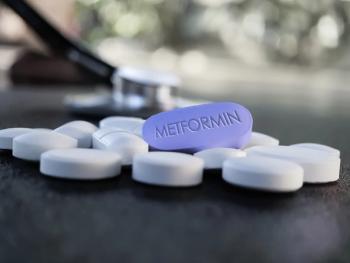
Vaccine approved for meningococcal disease in infants and toddlers
Children as young as 9 months can now be immunized for the prevention of meningococcal disease.
Children as young as 9 months now can be immunized for the prevention of invasive meningococcal disease, according to FDA.
Menactra (Sanofi Pasteur; Swiftwater, Pennsylvania) tetravalent conjugate vaccine was first approved in 2005 to protect people aged 2 through 55 years against meningitis caused by Neisseria meningitidis serogroups A, C, Y and W-135. The bacteria invade the bloodstream and the meninges that surround the brain and spinal cord and can cause neurologic problems, coma, and even death.
Between 10% and 15% of patients who develop meningococcal disease die from the infection, and another 10% to 20% develop complications such as brain damage or loss of limbs and hearing.
FDA granted approval for Menactra in this age group after reviewing 4 clinical studies that evaluated the safety of Menactra for children as young as 9 months.
The most common adverse effects reported in children who received the Menactra vaccine were comparable to a control group that received other childhood vaccinations: tenderness at the injection site, fever, and general irritability. Serious adverse events recorded through 6-month follow-up occurred in less than 3% of the children.
Newsletter
Access practical, evidence-based guidance to support better care for our youngest patients. Join our email list for the latest clinical updates.








